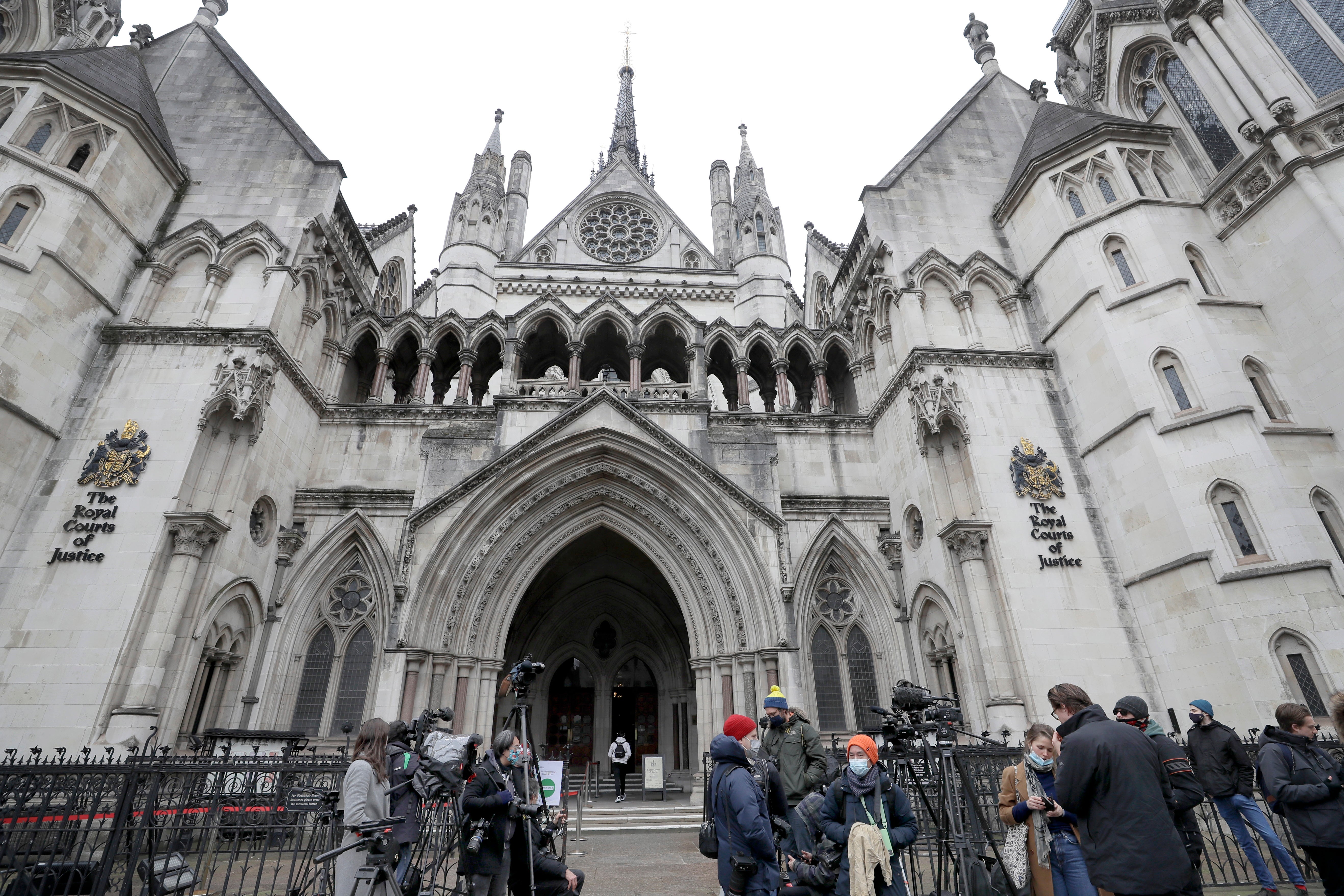UK judge rejects Uyghur bid to halt Xinjiang cotton imports
A British judge has rejected a lawsuit that accused the U.K. government of allowing the import of cotton products associated with forced labor in China’s Xinjiang region

A British judge on Friday rejected a lawsuit that accused the U.K. government of allowing the import of cotton products associated with forced labor in China’s Xinjiang region — though he acknowledged there were “widespread abuses” in the region’s cotton industry.
High Court justice Ian Dove ruled against a Uyghur organization and a human rights group who claimed the government unlawfully failed to investigate conditions in which cotton was produced.
The far-western Xinjiang region is a major global supplier of cotton, but rights groups have long alleged that the crop is picked and processed by China’s Uyghurs and other Turkic Muslim minorities in a widespread, state-sanctioned system of forced labor.
The judge agreed with the British government that there are problems meeting the standard of evidence needed for criminal investigation and prosecution. In a written judgment, he said the absence of specific evidence meant there “would be little if any purpose to be served by pursuing an investigation which would not bear fruit in the form of prosecutions or seizures.”
He added that his ruling “does not in any way undermine the striking consensus in the evidence that there are clear and widespread abuses in the cotton industry” in Xinjiang, “involving human rights violations and the exploitation of forced labor.”
The judge noted that the British government has said it may open an investigation if new information emerges.
The case, brought by the Munich-based World Uyghur Congress and the Global Legal Action Network, a nonprofit, is one of several legal challenges aimed at pressing the U.K. and European Union to follow the lead of the United States, where a law took effect last year to ban all cotton products suspected of being made in Xinjiang,
Rights groups argue that the scale of China’s rights violations in Xinjiang — which the U.N. says may amount to crimes against humanity — means that numerous international fashion brands are at high risk of using cotton tainted by forced labor and other rights abuses.
Researchers and advocacy groups estimate 1 million or more people from Uyghur and other minority groups have been swept into detention camps in Xinjiang, where many say they were tortured, sexually assaulted and forced to abandon their language and religion. The organizations say the camps, along with forced labor and draconian birth control policies, are a sweeping crackdown on Xinjiang’s minorities.
China denies the allegations and argues its policies in Xinjiang are aimed at quashing extremism.
Bookmark popover
Removed from bookmarks